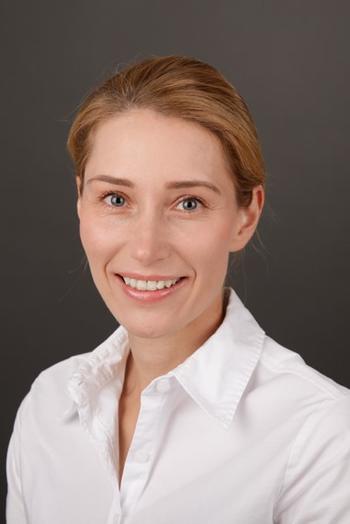Maike Albertzart

Fellow, Johannes Gutenberg Universität Mainz
Moral philosophy (in particular collective responsibility and Kantian Ethics); Action theory (in particular collective intentionality and group agency); Metaethics (in particular moral particularism and moral indeterminacy)
I am a Professor of Philosophy at Johannes Gutenberg Universität Mainz. Before joining the Philosophy Department in Mainz, I was a Lecturer in Philosophy at the Humboldt University Berlin and the University of Cambridge. I have an MPhil and a PhD in Philosophy from the University of Cambridge, and an MA in Philosophy and German Literature from Humboldt University Berlin.
My research interests lie mainly in moral and political philosophy (in particular collective responsibility and Kant’s practical philosophy), action theory (in particular collective intentionality and group agency) and metaethics (moral particularism, moral indeterminacy). My current research focuses on questions of collective moral responsibility. Does the ability to act jointly create special moral duties and, if so, what is the nature of these duties? Can duties be jointly held by a number of agents? How should we conceive of our duties as members of organised groups such as national states or business corporations? And how should we deal with cases where the cumulative effects of the actions of a large group of unorganised agents lead to grave harm, but where no individual agent can make a perceptible difference for the better or worse? I offer an individualistic, broadly Kantian answer to these question.
During my time at the Human Abilities Centre I will work on the concept of joint ability. Moral and political philosophy as well as public discourse is rife with talk about joint abilities: We are said to be able to mitigate climate change, alleviate world poverty, or end a pandemic through social distancing and high vaccination rates. However, despite its common usage, the concept of joint ability has received surprisingly little attention in the philosophical literature. This is especially surprising given its importance for the ascription of so-called collective or joint moral duties. It seems that just as I cannot be morally required to run 100m in 9.58 second because I am unable to do so, we cannot be morally required to end world poverty if we lack the ability to do so. Collective moral duties seem to presuppose collective or joint abilities. But what exactly does it mean to say that we can or cannot do something together? And what is the relation between joint abilities and the principle that ‘ought-implies-can’?



